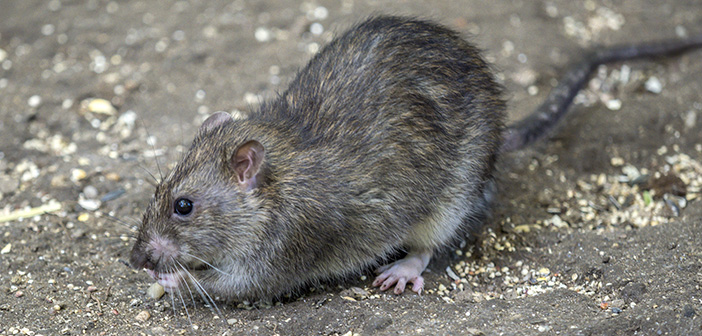With resistant “super rats’ breeding in the UK, a new survey aims to establish the extent to which resistance is understood and what methods farmers are using to control rodent infestations.
Research published by the University of Reading Vertebrate Pests Unit (VPU) suggested that resistance is spreading due to the use of anticoagulants containing the actives bromadiolone and difenacoum.
By using products that are ineffective on resistant rodents, farmers are only killing rodents that have no resistance. This is leaving resistant rodents to breed with each other, which is causing numbers to increase rapidly.
The survey is being supported by BASF to raise awareness of resistance and compile fresh data about the use of rodenticides on farms throughout the UK.
Helen Ainsworth, BASF’s pest control specialist, said: “We believe it is important that the issue of resistance is kept fresh in the minds of farmers. Using some rodenticides in certain areas of the country could be increasing the number of resistant rodents and causing farmers to use rodenticides that are ineffective and potentially harmful to non-target species.”
The survey is available to complete online until September 30 and aims to establish how often farmers are using rodenticides, which products are being used and which regions of the UK are reporting the most problems with resistance.
This has been welcomed by the Campaign for Responsible Rodenticide Use (CRRU) that promotes best practice in the use of all rodenticide products.
CRRU chairman Dr Alan Buckle said: “This will help to reduce the use of products that rodents have become resistant to and minimise the threat to non-target species.”
The first 100 entries receive a free beanie hat. To access the survey, click HERE.


